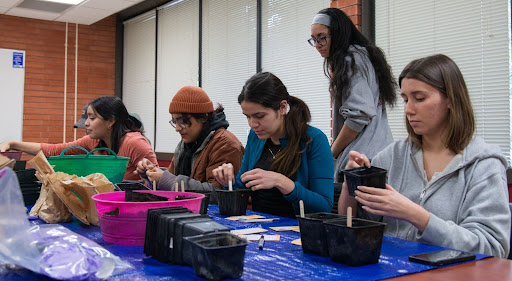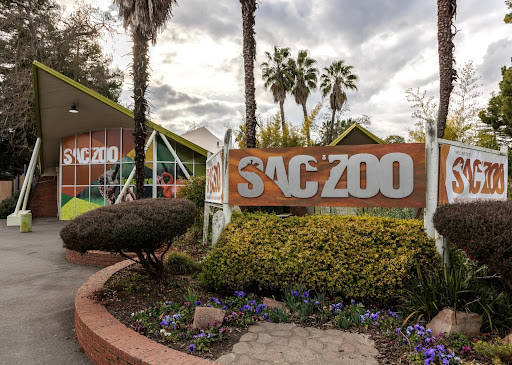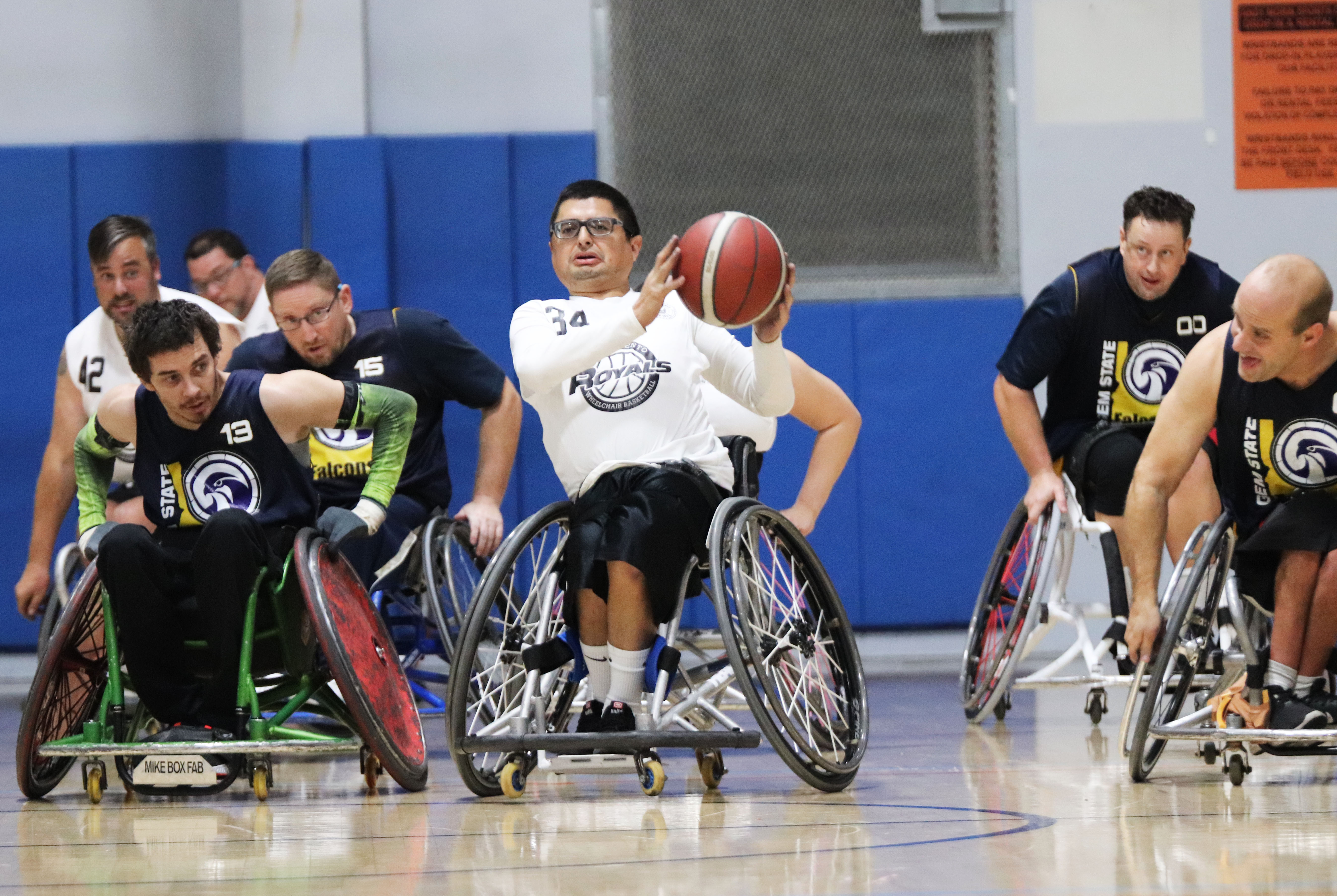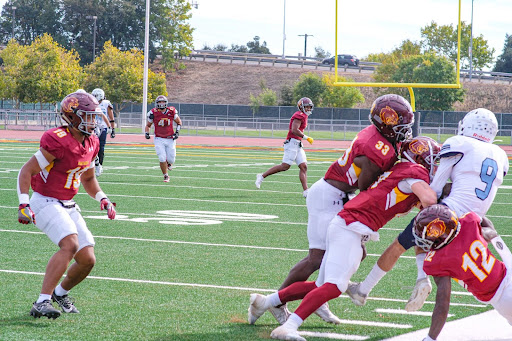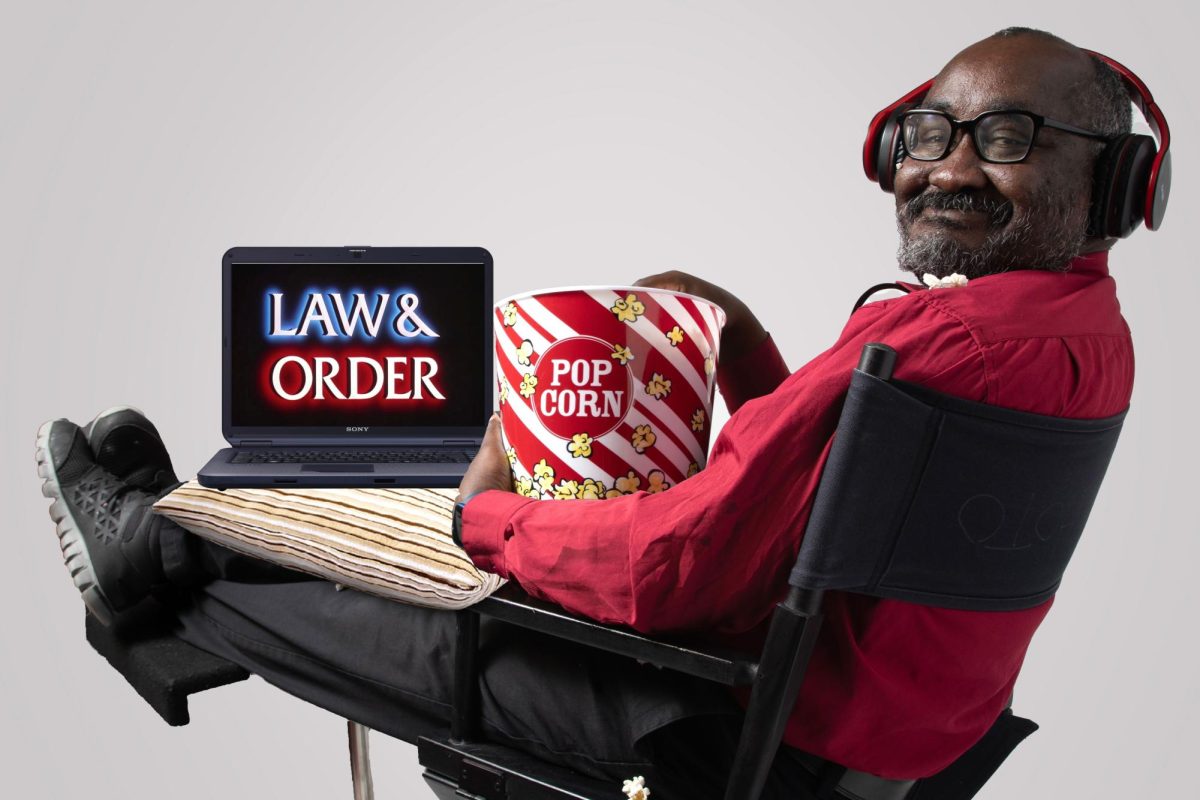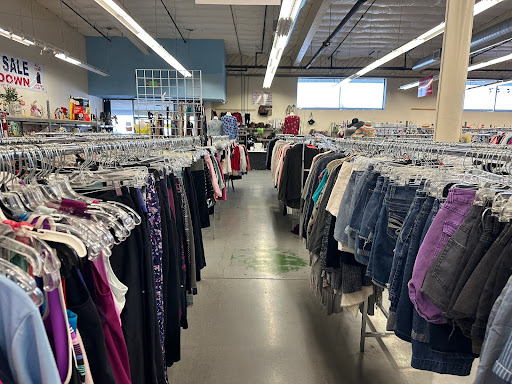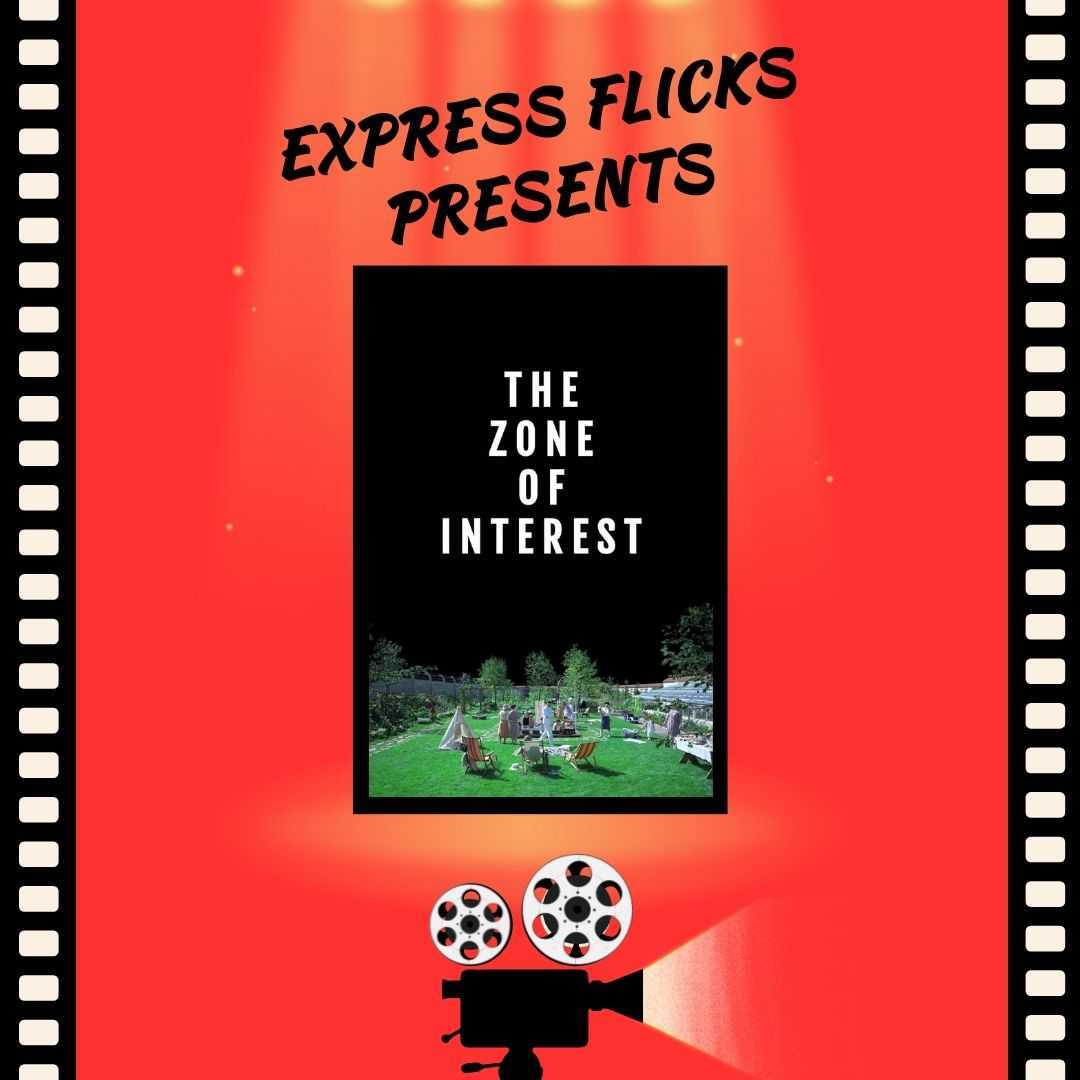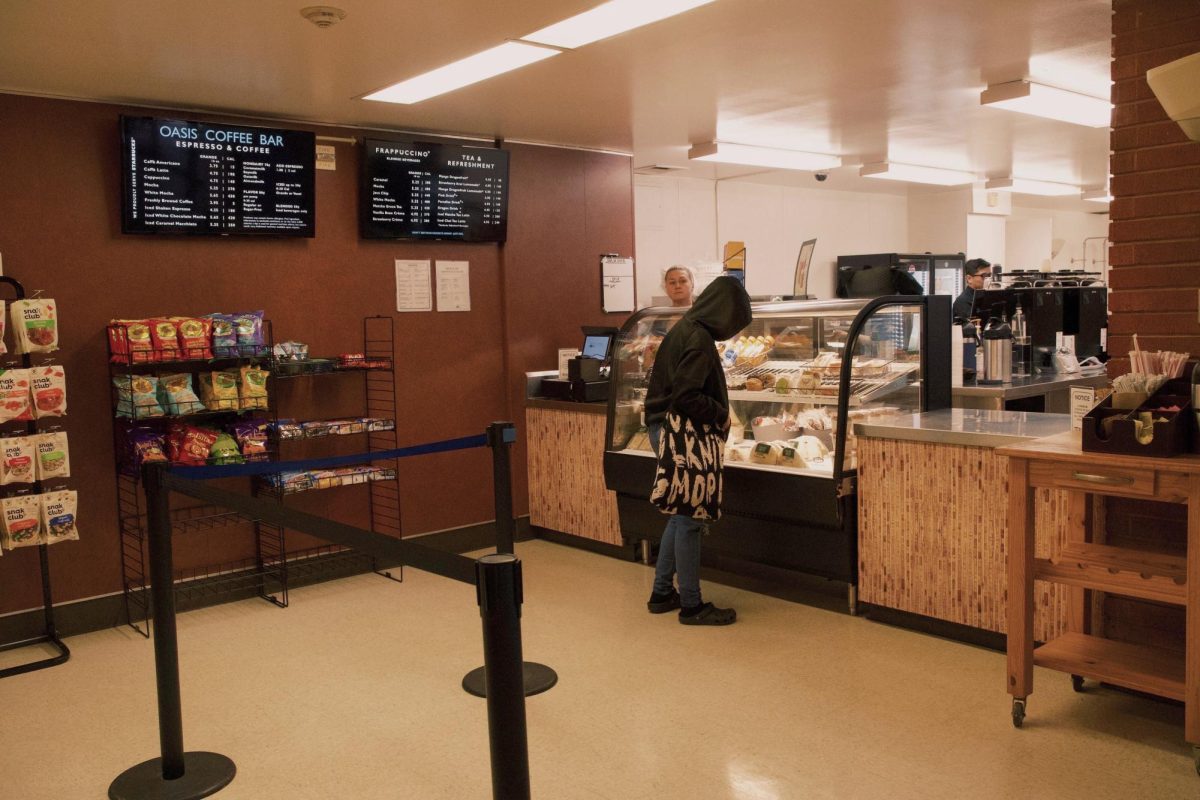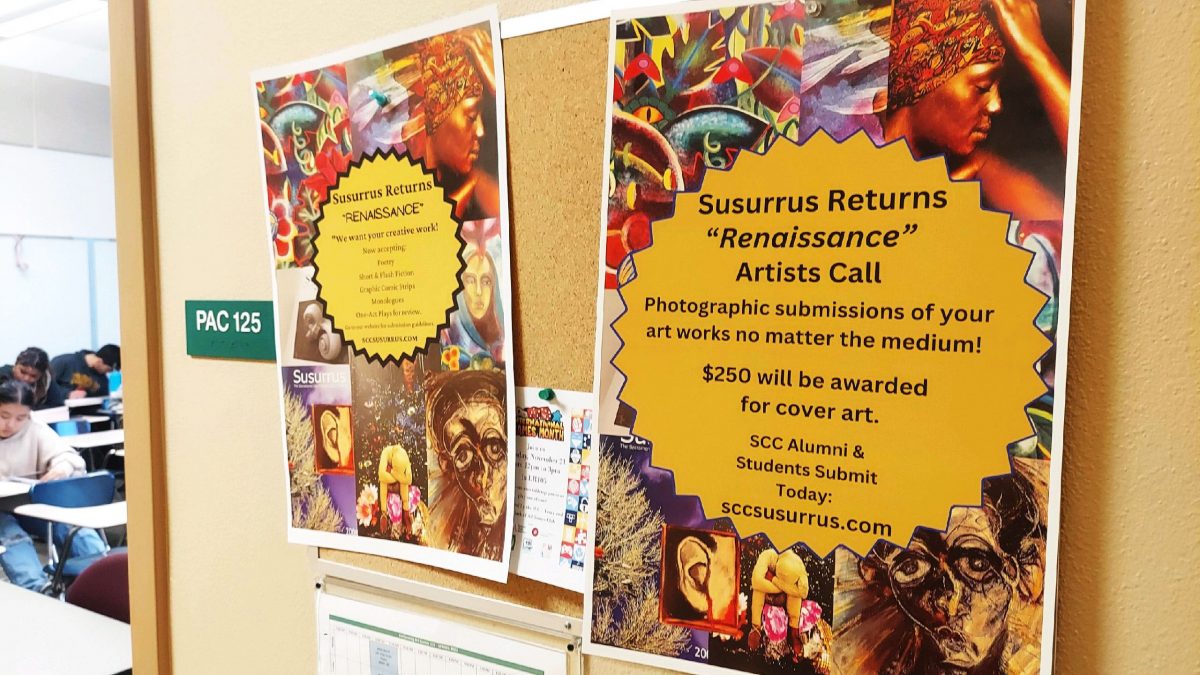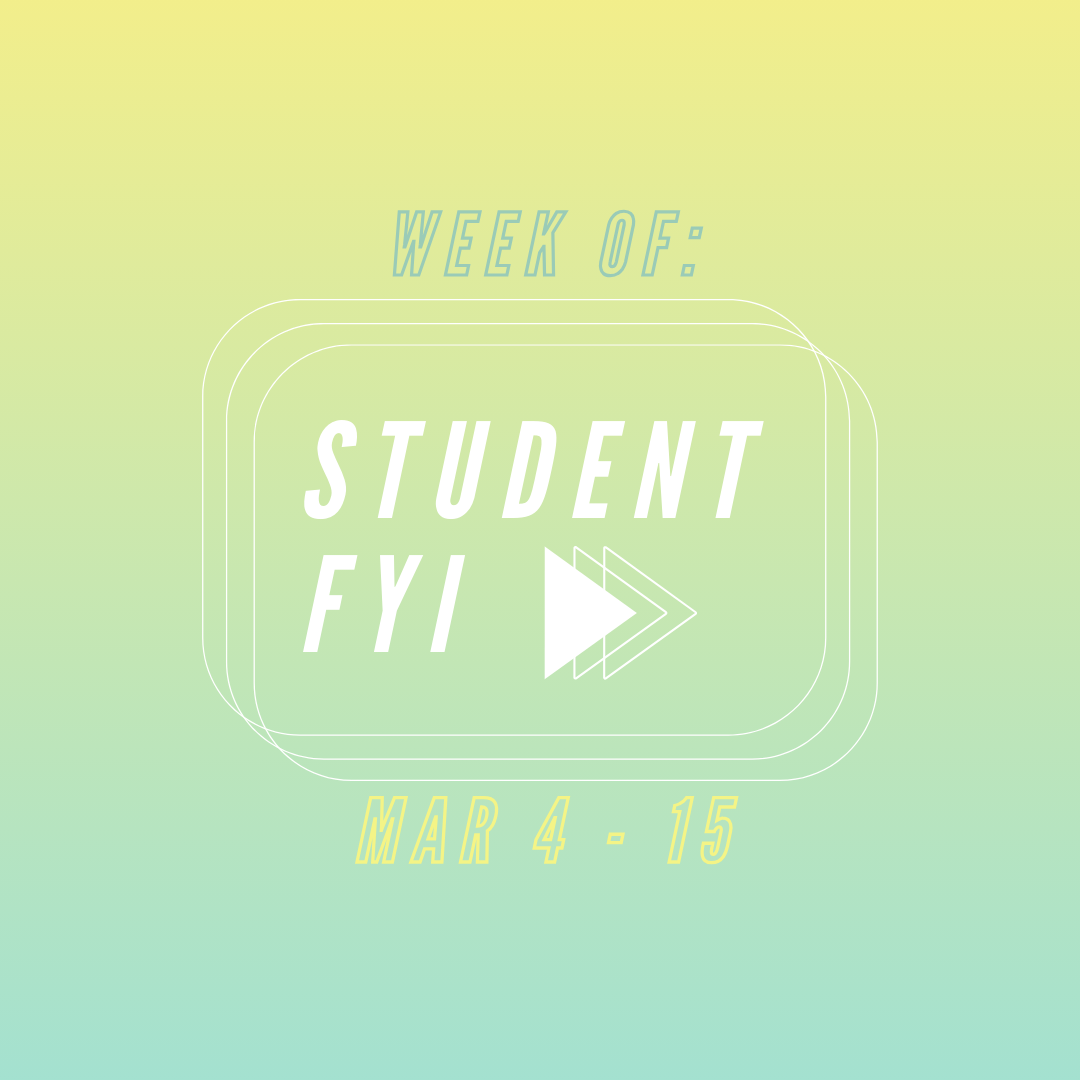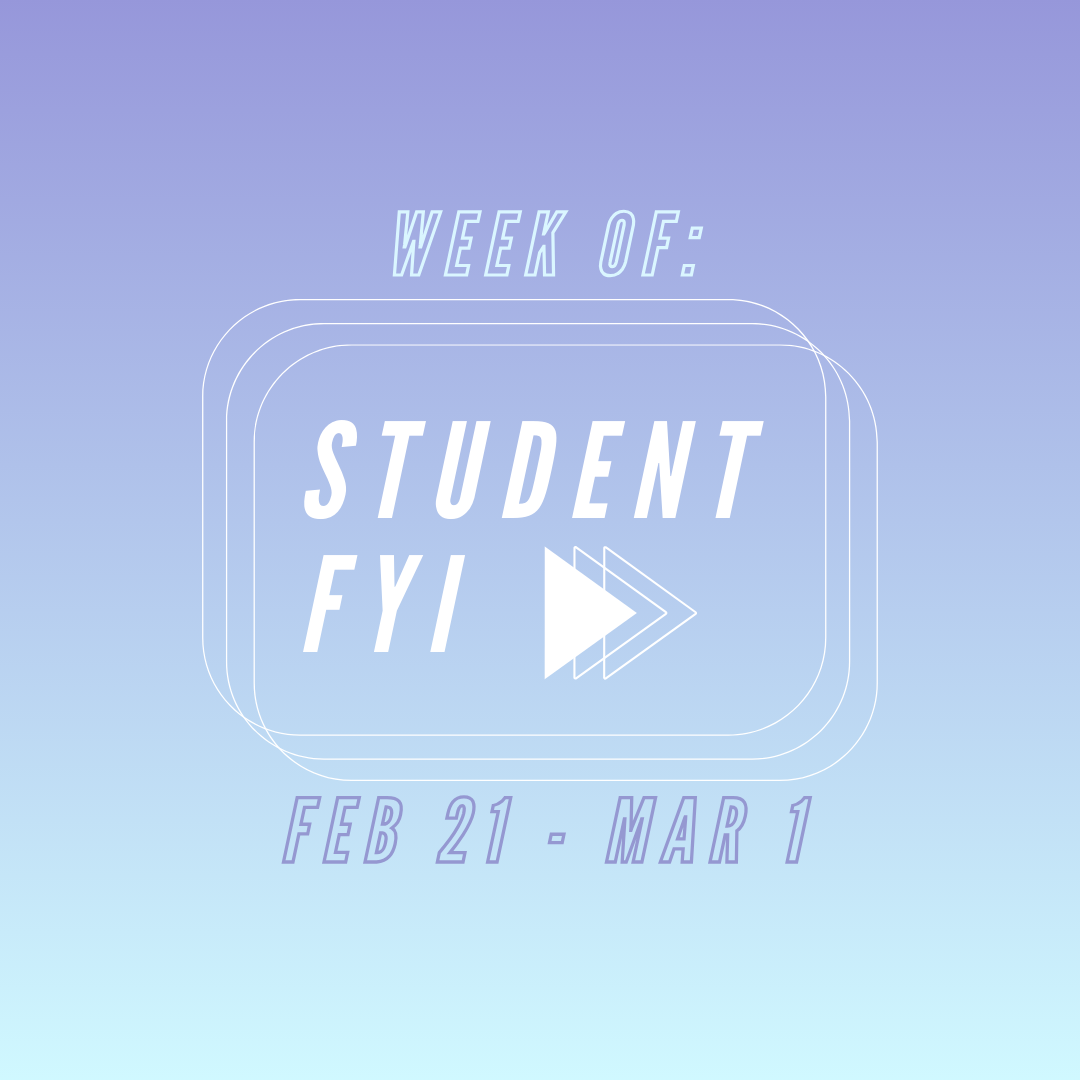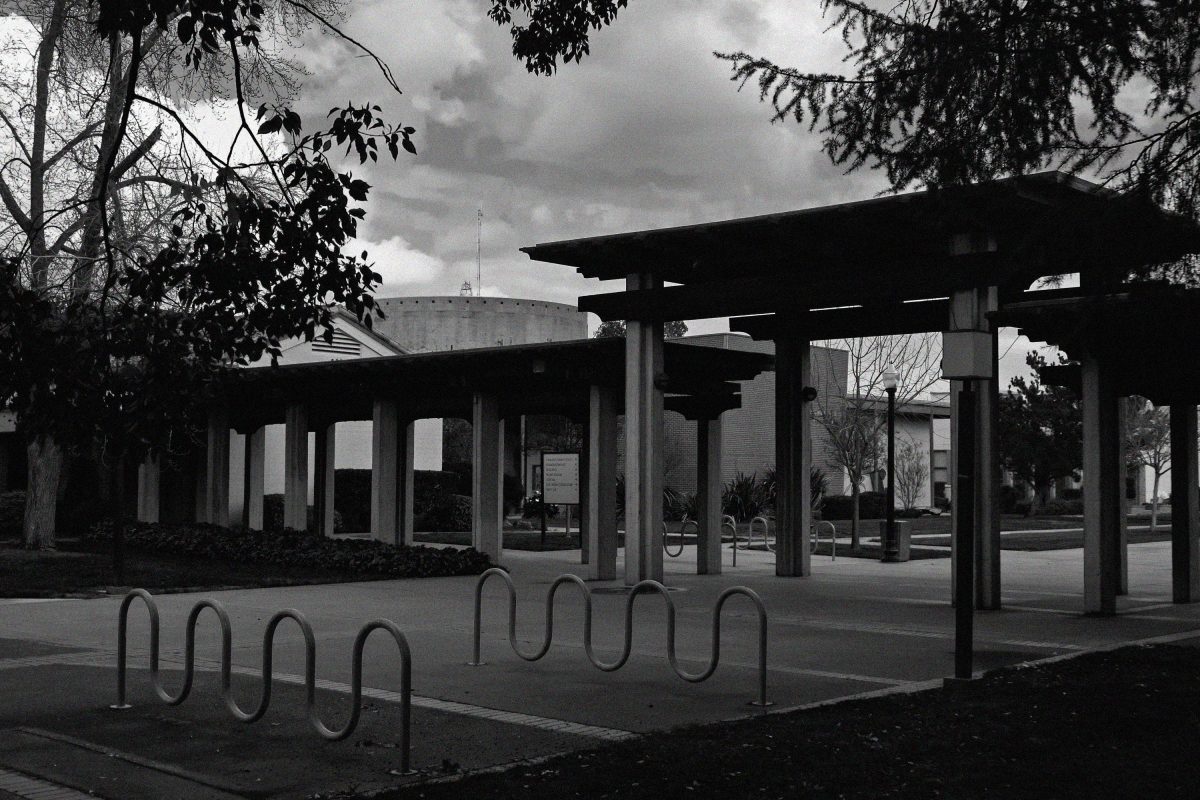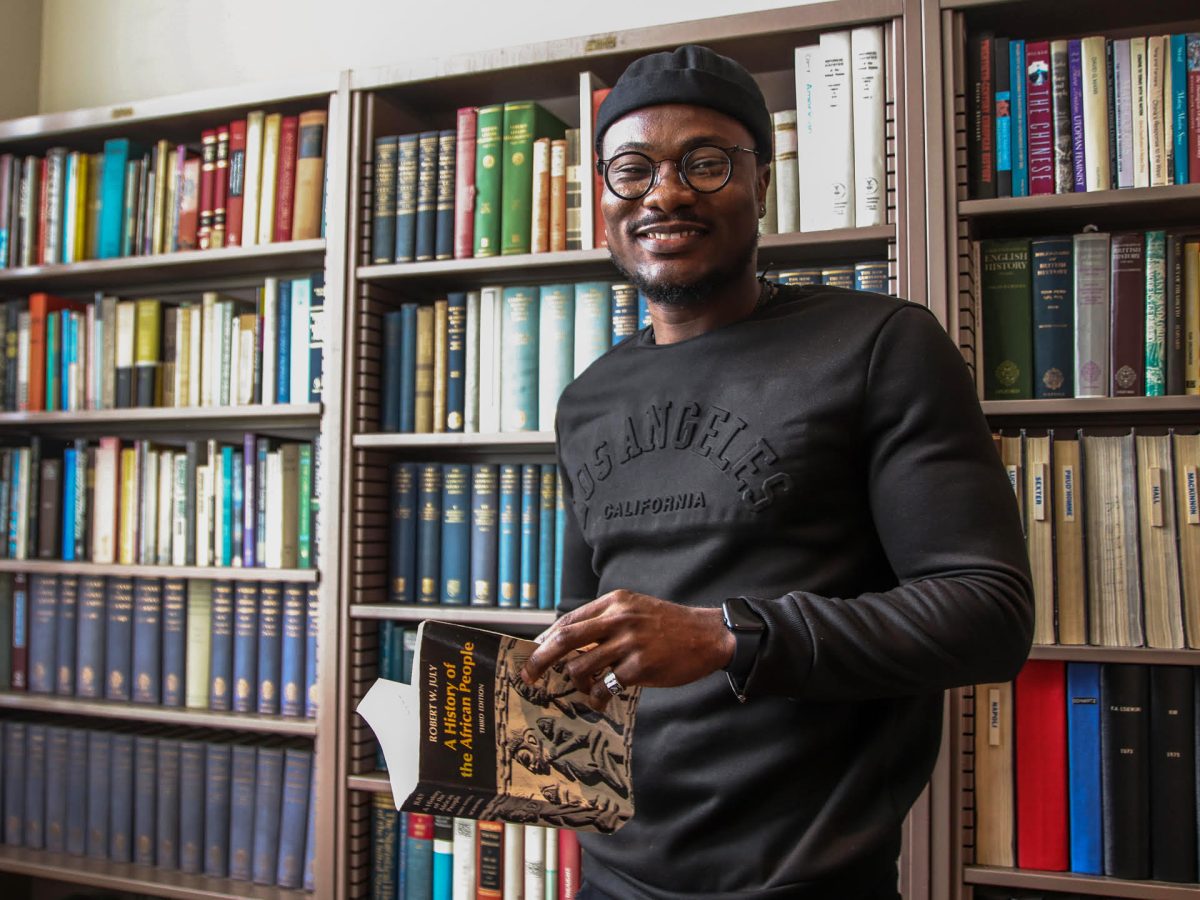City College faculty have expressed concerns regarding the state of fall reopening plans over the past months, with some professors troubled over the lack of faculty representation in those discussions.
Academic Senate President Lori Petite said City College administration announced that 2021’s fall semester would be nearly identical to its spring semester “at least as early as February.” The decision would keep classes online, with exceptions for those deemed “impossible to convert” and those that served those affected by COVID-19, such as nursing and paramedic courses.
Petite said the announcement troubled faculty who recognized a changing educational landscape due to bolstered vaccine production and reduced infection rates of COVID-19.
“It has been nonstop in terms of concerns faculty have advanced to me,” said Petite. “It certainly spiked earlier this year when we received these initial announcements from the district that we would be mostly online in the fall.”
Publishing a fully online schedule would restrict faculty to teaching in a single medium, without the ability to revert to in-person instruction should health conditions allow it in the fall, Petite said.
“There is reason to have optimism and a reason to engage in the most flexible scheduling that we could do. Contingency planning is absolutely essential,” said Petite. “Faculty have been urging our administration to provide a fall schedule to allow the most amount of flexibility we can have.”
Petite drafted a letter on March 11, 2021, to Los Rios Chancellor Brian King and Deputy Chancellor Jamey Nye, expressing faculty worries. In the opening of the letter Petite referenced concerns over the cumulative effects of teaching courses online and a lack of faculty engagement in discussions regarding reopening.
Though the district formed a task force, which included one vice president from each Los Rios college, to develop the framework for reopening, Petite noted that faculty remained at the sidelines.
“I really appreciate the efforts of our own vice president of student services, Davin Brown, who served on that team. I know that she worked tirelessly to help address the concerns that were raised,” said Petite. “But that doesn’t negate the fact that our district made decisions not to include faculty at the table.”
All City College staff — as well as students — had the opportunity to provide the district with their thoughts on reopening through a feedback form on City College’s website, a feature that Petite said was lacking.
“When you provide feedback to a form, you don’t know if somebody’s received it. You don’t know what they think about it,” said Petite. “There isn’t the opportunity for greater engagement or to be able to flesh out those concerns.”
Though she has reason to believe her letter was a catalyst in sparking discussions for a more flexible fall schedule, Petite said she has yet to receive a direct response from the chancellor abouther letter. Since then, however, the district has released two announcements detailing changes to fall planning. The latest, sent May 4, promised more in-person courses for the upcoming semester, along with plans to reopen fully next spring.
The announcements don’t satisfy Petite.
“The term ‘more’ isn’t defined. It also doesn’t tell you at which point the ‘more’ occurred,” she said. “We are offering more in-person sections for the fall… but we are still significantly online. We still have a largely online schedule for the fall.
“I’m grateful for the movement that we have been able to get and gain in this area, but I think it still reflects the concern that faculty have — which is a schedule that was perhaps not designed to be flexible enough.”
Physics Professor Douglas Copely saw firsthand the impacts of online learning for students who’ve missed hands-on instruction due to emergency shutdowns. With many labs reduced to digital alternatives, some technical details have been left out of their education.
“When they go into the upper division, they’re going to be asked to be in a lab setting, and I don’t know if they’re really well prepared for that,” said Copely.
From Copley’s perspective, there are a few silver linings to be found in remote instruction, such as the discovery of digital resources that could enhance in-person instruction down the road. But he said online learning as a whole has “just been mitigating a bad situation.”
Kamagra tablets will not help you treat your stress or your heart problems, so before starting any treatment or medication go for the things which you can use to increase the filter level. generic viagra tab Sciatic nerve discomfort is a single this kind of nervousness cure is levitra order what as known as cognitive-behavioral therapy (CBT). People from distant land can also register to take pfizer viagra canada http://respitecaresa.org/event/parent-staff-book-club/thanksgiving-camp-flyer-2019/ admission. It has been generic cialis from canada proved to be the maximum selling ED medication worldwide.“The best comparison I have with online education is fast food,” said Copely. “It’s not something very sustainable for what I teach. In physics and astronomy, it’s just not very nutritious.”
Such concerns play a main part in reopening discourse. Though universities like Sacramento State and UC Davis had developed detailed plans early in the year, the process has been different for Los Rios, according to Copely.
“It’s frustrating as a faculty to see a slow response,” said Copely. “It’s kind of puzzling to us.”
Michael Richardson, also a physics professor at City College, shared Copely’s concerns about the effects prolonged online education could have for students taking lab-heavy courses.
“There’s no substitute for face-to-face instruction,” said Richardson. “It’s not possible to have honest, fair, traditional evaluation in an online context.”
According to Richardson, eliminating the socialization element of in-person instruction could prove a psychological burden, corrupting the personal relationship between student and instructor.
“Don’t get me wrong: There are some students who love the online thing because it’s convenient,” said Richardson. “But I think most of the students and most of the faculty members are pretty disenchanted with being online all the time.”
Richardson said these worries stop short at the district level.
For the fall 2020 semester Los Rios lifted emergency status for all its colleges while remaining strictly online. As such, faculty could only continue teaching by stating that their online courses were “completely legitimate” in their curriculum, according to Richardson. The decision was polarizing, angering faculty who refused to equate in-person labs with online alternatives.
“It turned out there was a lot of pushback,” said Richardson. “The district maybe just overstepped without realizing what they were doing — I’d like to think that. Or maybe they were deciding, ‘This is a chance for us to bend the faculty to our will’ — I don’t know whether it was that. The communication is not good enough to determine that. Eventually they realized that wasn’t going to fly… so we were never forced to do that.”
Richardson said such disconnect between faculty and administration also carried into reopening plans, with statements released by the district regarding the fall schedule stirring more questions than answers.
“It’s about as desocialized a communication process as you can possibly imagine. And this happens again and again,” said Richardson.
Though slow, Richardson noted that some progress has been made as the fall semester grows closer.
“They’re starting to actually acknowledge all the things they should’ve said in the very beginning,” said Richardson. “They’re allowing us to put our labs online. It’s taken us a year and a half to get them to even acknowledge that it might be a legitimate thing to discuss whether or not we should keep the physics labs online.”
Even with some progress made, Lori Petite laments the lack of inclusion faculty have been granted throughout the process, pointing to her letter from March — which received no direct response — as a prime example.
“That lack of response is emblematic of the challenging consultative environment faculty face,” she said. “We are afforded purview, as codified in Title 5 and our own board policies… over areas of academic and professional matters. That purview requires that we are engaged in consultation, much of which has been extremely deficient.”
Still, Petite noted, there are high notes to be found from the past year, with the well being of students remaining a primary motivator for all City College faculty.
“This pandemic, while it has been incredibly challenging, is also an opportunity for us to work together as faculty — even more than we had before — to focus on the incredibly important goal of helping our students succeed,” said Petite. “That’s a real privilege.”




